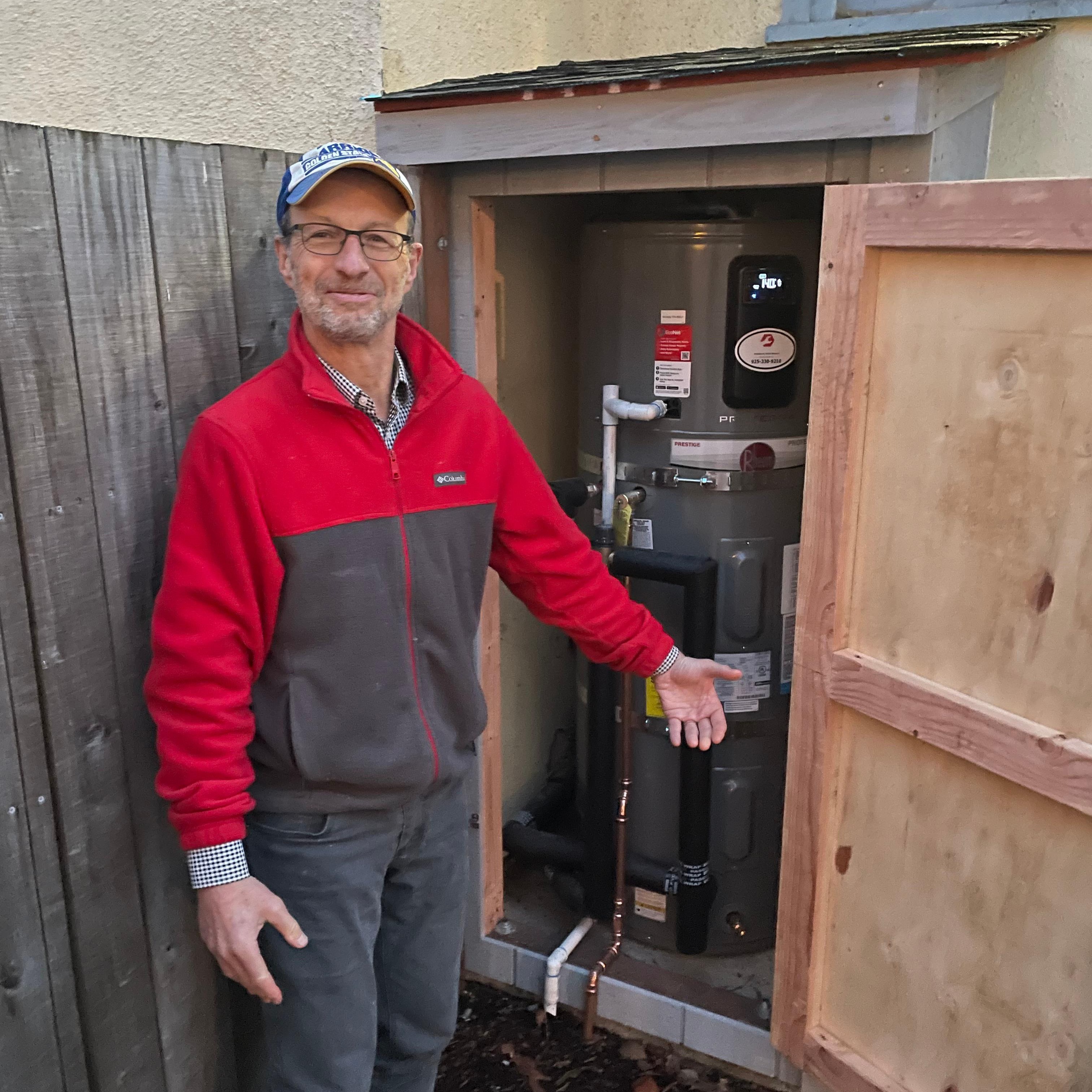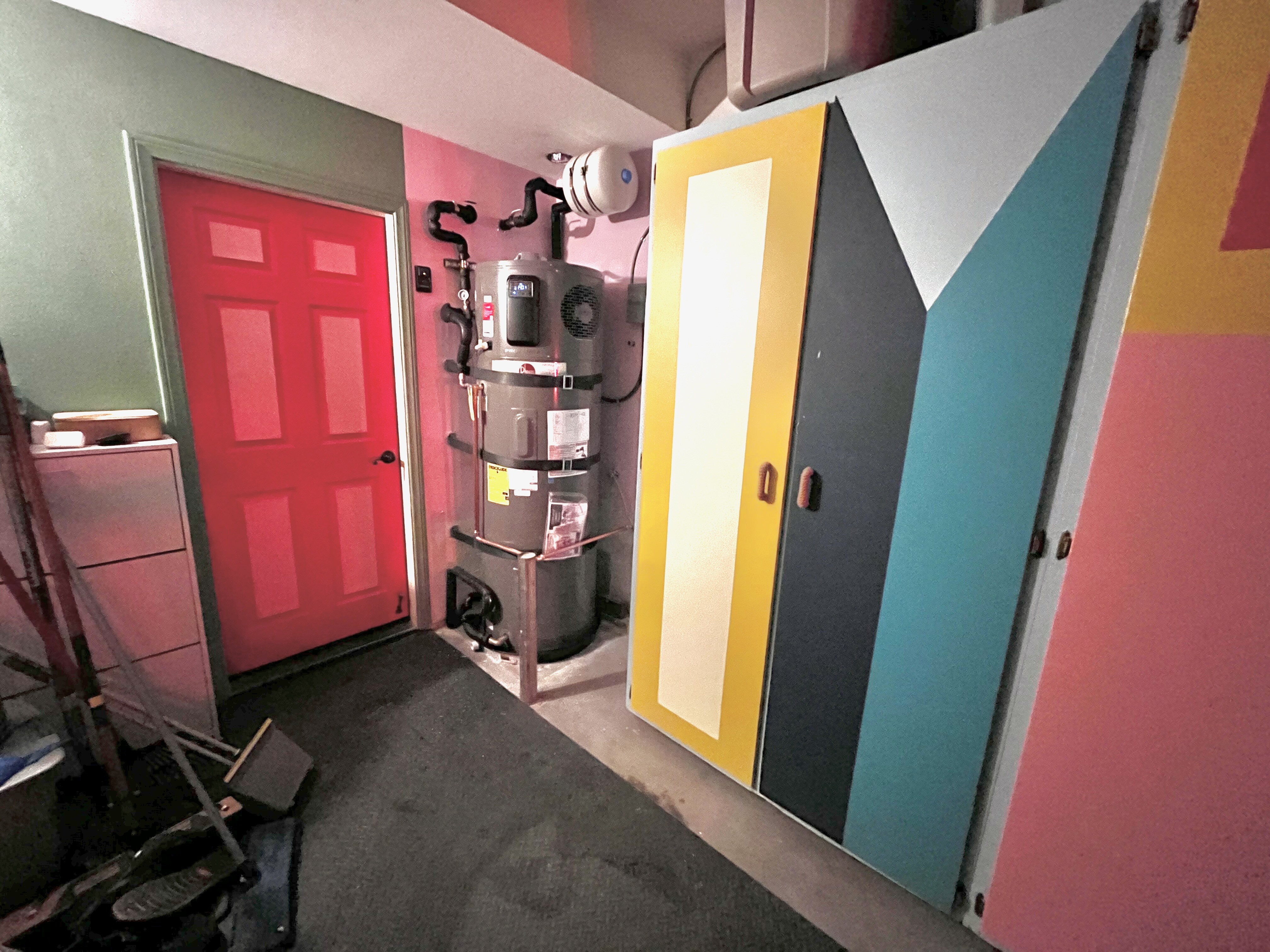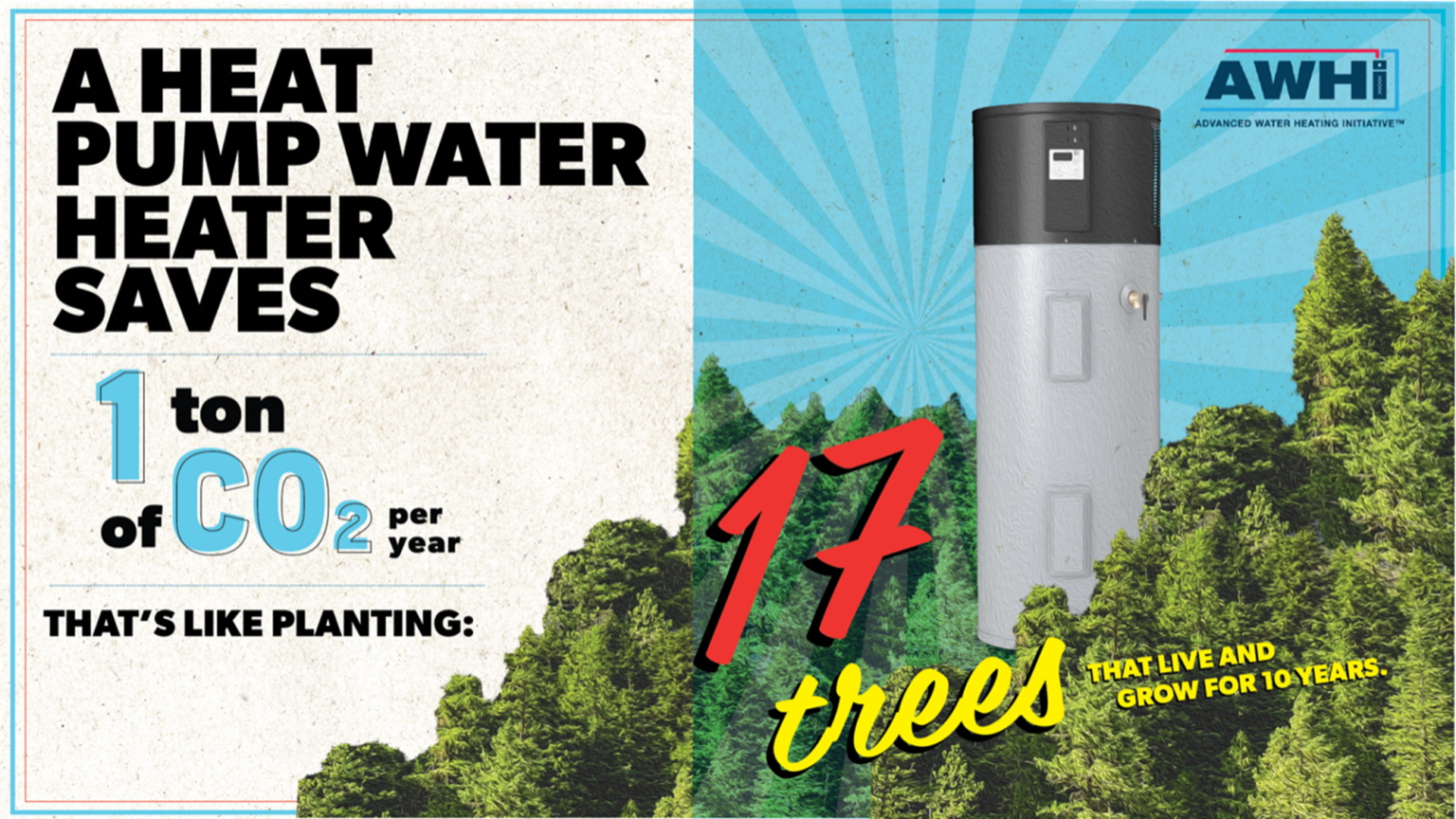How Long Do Water Heaters Last?
Your water heater is critical infrastructure for your home. Hot water heaters typically make up 15-20% of your energy usage. Unfortunately, most water heaters don't last beyond 10-15 years, and unexpected breakdowns can be difficult for your wallet. The good news is that modern high-efficiency models are more dependable and cost-effective, especially hybrid heat pump water heaters.
This guide explains the various types of water heaters, the signs of an aging unit, and the benefits of upgrading to a more efficient system.
- Typical Lifespans for Hot Water Heaters
- Signs Your Water Heater Needs to Be Replaced
- How to Replace a Hot Water Heater
Typical Lifespans for Hot Water Heaters
As with most appliances, you typically want to purchase the water heater with the longest lifespan. Most water heaters come with a six-year warranty. The estimated lifespans for different types of water heaters are as follows:
| Gas | 8-12 years |
| Electric (standard) | 10-13 years |
| Hybrid Heat Pump Electric | up to 15 years |
If you're unsure about the age of your water heater, a manufacturer's serial number guide can help you determine its manufacturing date. You can find your manufacturer and look up the serial number to find the year it was manufactured.
Signs Your Water Heater Needs to Be Replaced
If it's been a while since you replaced your water heater, you may start to see signs it needs to be replaced.
- Rust: Because they are constantly moving water, rust can appear on water heaters. This leads to rusty water from taps or rusting around the water inlet and pressure relief valve.
- Strange Noises: If you hear popping or loud bangs from your water heater, it could indicate sediment buildup or age-related damage inside the tank. Flushing the tank is usually sufficient, but heavy sediment buildup can signify the need for a replacement.
- Leaks: Heating and cooling cycles cause the metal in the tank to expand and contract. Eventually, this can lead to cracks and leaks. Leaks might also be caused by faulty fittings, which can be fixed by a plumber.
- Limited or Unavailable Hot Water: Obviously, if you're not seeing consistent hot water or it turns off completely, you have an issue. If you experience a lack of hot water, check if the thermostat is set correctly and ensure it's not in "vacation" mode. If these solutions don't work, it may be a sign that you need a new water heater.
By proactively replacing your water heater, you can avoid emergency situations and maintain your daily routine without interruptions.
Benefits of upgrading your water heater
- Cost Savings: New and improved water heaters are more efficient, resulting in lower energy bills compared to models manufactured a decade ago. Hybrid heat pump water heaters, in particular, consume approximately one-third of the energy used by traditional electric tank heaters, enabling them to pay for themselves within 3-5 years.
- Energy Efficiency: Newer hot water heaters have environmental benefits due to significantly lower energy consumption. Hybrid heat pump water heaters produce fewer greenhouse gas emissions and deliver more energy than they consume (about 3 times more than electric water heaters and 5 times more than gas-powered water heaters).
- New Features: Modern water heaters come with advanced features, such as Wi-Fi connectivity and smartphone apps for remote control if you aren't in the house. Water heater upgrades allow you to adjust settings in real-time, schedule hot water production according to your needs, and facilitate maintenance.
How to Replace a Hot Water Heater
To replace an old water heater, there are a few considerations to keep in mind.
- Size: You need to have an appropriately-sized water heater for your home. Typically, a family of four will require a 50-gallon tank heater, but individual needs may vary. It's recommended to consult a professional who can assess your hot water requirements, budget, and space to provide personalized recommendations.
- House Specifications: Before installing your new water heater, you may need to upgrade your electrical paneling or check your gas hookup.
Can a Water Heater Be Repaired?
In some cases, a repair might be appropriate for a water heater. If you have minor leaks or unresponsive sensors, you may be able to quickly repair them. However, addressing significant issues like cracks, rust, or mineral buildup in an aging heater may prove costly and ineffective in the long run. Investing in a new and more efficient unit could be a wiser choice. Certain high-efficiency models, particularly hybrid heat pump heaters, may qualify for utility and government rebates.
Finding the right contractor is important for the correct and safe installation of a water heater. It is typically easier and more advisable than attempting a DIY installation. QuitCarbon can help you connect with professional contractors that are trusted to get the job done correctly. We offer homeowners a free "Electrification Plan" that guides them to building a sustainable and energy-efficient house.



